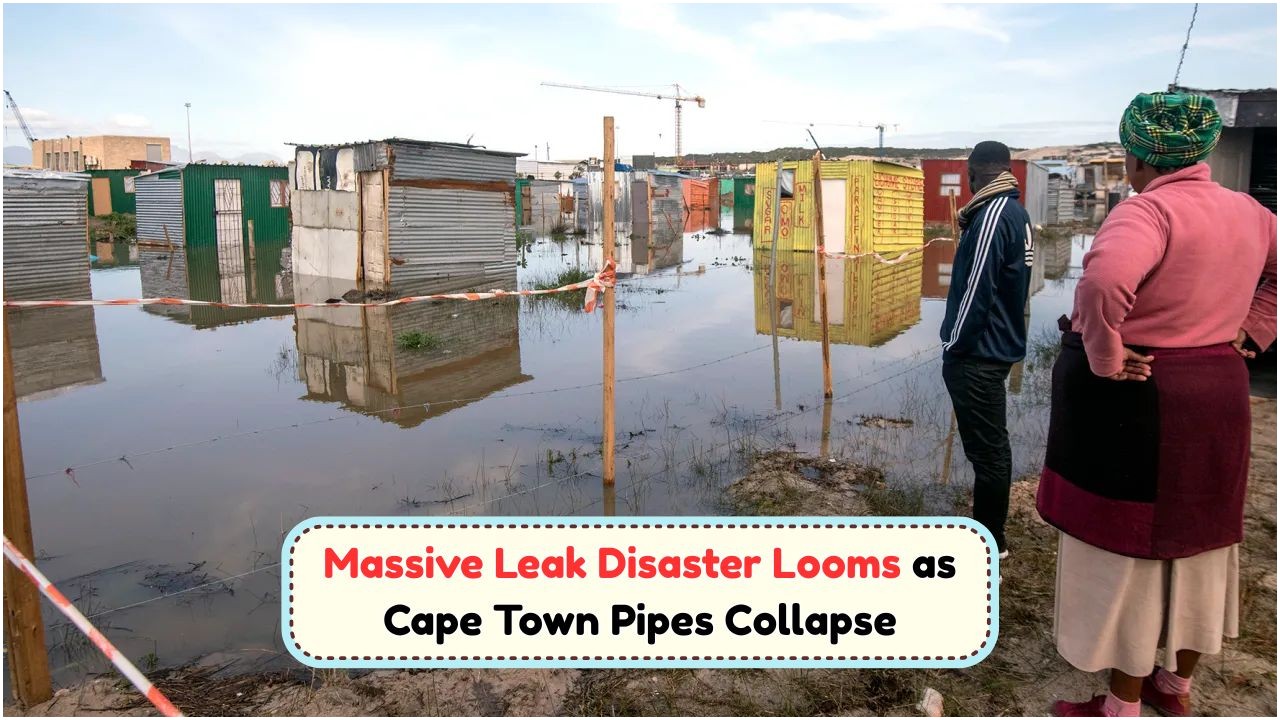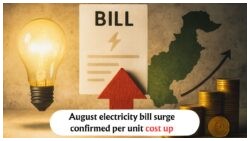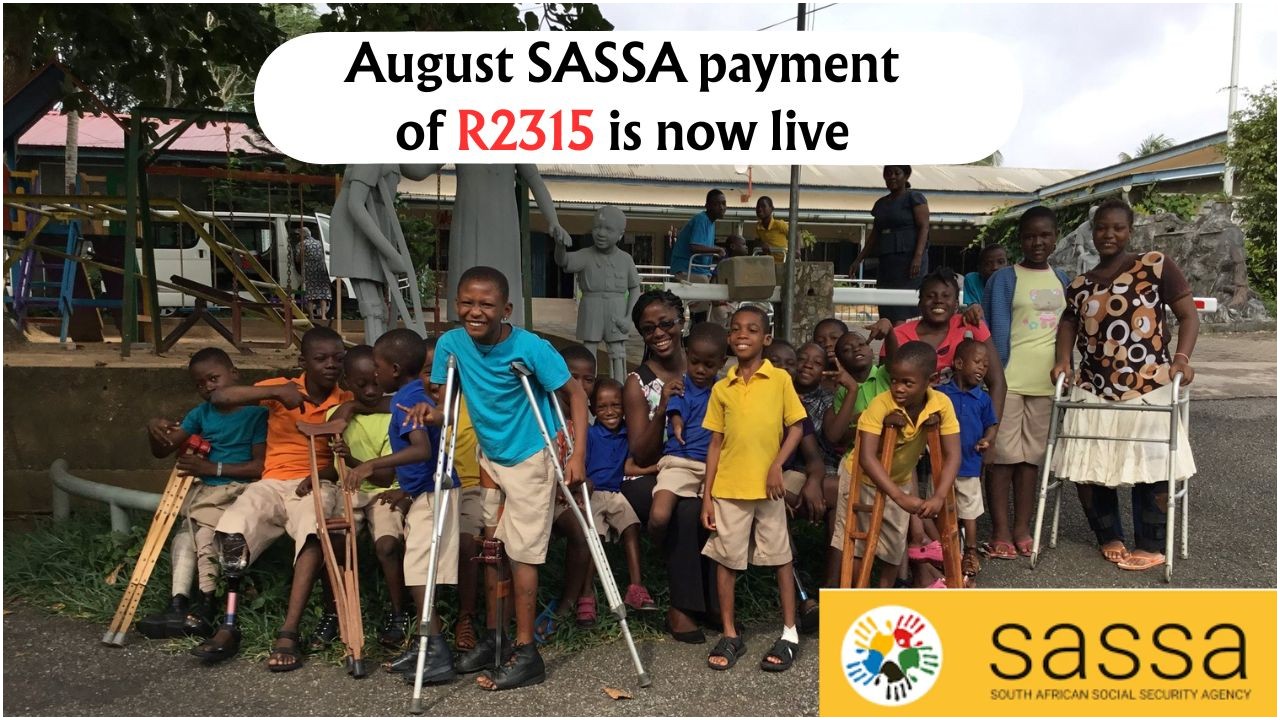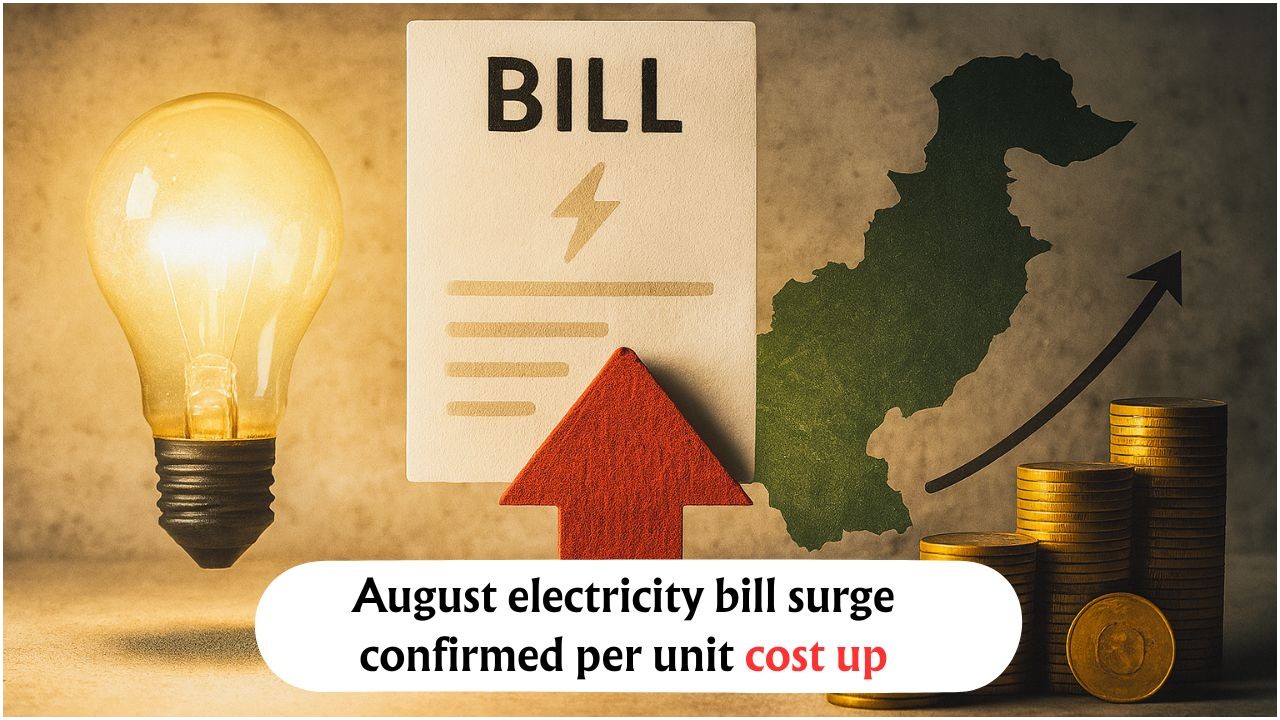Cape Town Water Crisis: As Cape Town braces itself for another potential water crisis, the specter of Day Zero looms large, reminiscent of the severe shortages faced in 2018. This year, dwindling reservoir levels and erratic weather patterns have prompted concerns among residents and officials alike. As drought conditions persist, the city’s water supply remains precariously low, sparking urgent discussions on sustainable water management strategies. The Cape Town water crisis narrative serves as a stark reminder of the delicate balance between urban demands and natural resource limitations. As citizens and authorities grapple with this challenge, the importance of proactive measures and community involvement becomes increasingly clear.
Cape Town’s Efforts to Combat Water Shortages
The city of Cape Town has taken proactive steps to mitigate the impact of recurring water shortages. These measures include the implementation of stricter water usage regulations, advancement in desalination technology, and augmentation of water recycling processes. The local government has been actively promoting water conservation awareness campaigns to educate the populace about sustainable practices. The city’s efforts are aimed at reducing water consumption and increasing resilience against future droughts.
- Enhanced water restrictions to curb excessive use.
- Investment in desalination plants to diversify water sources.
- Promotion of greywater recycling in residential areas.
- Installation of smart water meters to track usage more effectively.
- Community engagements to encourage water-saving habits.
- Development of new reservoirs to store excess rainfall.
- Research partnerships with universities for innovative solutions.
- Collaboration with agricultural sectors to optimize water usage.
Water Conservation Impact
| Year | Water Consumption (Ml/day) | Rainfall (mm) | Reservoir Capacity (%) | Day Zero Risk |
|---|---|---|---|---|
| 2018 | 550 | 450 | 20% | High |
| 2019 | 500 | 480 | 45% | Moderate |
| 2020 | 480 | 600 | 60% | Low |
| 2021 | 460 | 550 | 55% | Moderate |
| 2022 | 450 | 520 | 50% | Moderate |
Community Involvement in Water Conservation
Community involvement plays a crucial role in Cape Town’s water conservation efforts. Residents are encouraged to participate in various initiatives designed to promote sustainable water use. These include workshops on installing water-saving devices in homes, community clean-up events to protect local water bodies, and educational programs in schools to foster early awareness. By engaging citizens directly, the city hopes to instill a culture of conservation that extends beyond immediate needs.
- Workshops on water-saving technologies.
- Local clean-up campaigns to keep water sources clean.
- School programs to educate the youth on water conservation.
- Incentives for households that successfully reduce water usage.
- Community forums to discuss water management strategies.
Engagement Statistics
| Initiative | Participation Rate (%) | Water Saving (Ml) |
|---|---|---|
| Workshops | 65% | 15 |
| Clean-up Campaigns | 70% | 10 |
| School Programs | 80% | 5 |
| Household Incentives | 60% | 20 |
Technological Innovations in Water Management
Technological advancements have become pivotal in addressing Cape Town’s water crisis. The city has embraced various technologies to optimize water management. From the use of AI in predicting rainfall patterns to the development of advanced filtration systems, these innovations are instrumental in securing the city’s water future. These technologies not only enhance water conservation efforts but also improve efficiency and reduce wastage.
- AI systems for accurate weather predictions.
- Advanced filtration to improve water quality.
- Solar-powered desalination units.
- Smart irrigation systems for agriculture.
- Real-time monitoring of water usage.
Innovation Benefits
| Technology | Efficiency (%) | Cost Reduction (%) |
|---|---|---|
| AI Weather Predictions | 85% | 15% |
| Advanced Filtration | 90% | 10% |
| Solar Desalination | 80% | 20% |
| Smart Irrigation | 95% | 30% |
Challenges in Implementing Water Solutions
Despite the progress, Cape Town faces significant challenges in implementing water solutions. Financial constraints, infrastructural limitations, and public resistance to change are some of the hurdles that need to be addressed. The integration of new technologies requires substantial investment, which is often met with budgetary limitations. Furthermore, achieving widespread behavioral change in water use practices remains a daunting task.
- High costs of technological upgrades.
- Resistance to new regulations among residents.
- Lack of infrastructure to support innovations.
- Limited funding for research and development.
- Complexity in coordinating multiple stakeholders.
Overcoming Obstacles
- Seeking international funding and partnerships.
- Increasing public awareness and education.
- Developing incentives for technological adoption.
- Building infrastructure to support new systems.
Future Prospects for Cape Town’s Water Security
Looking towards the future, Cape Town’s water security prospects hinge on the successful integration of these initiatives. Collaboration between the government, private sector, and communities will be essential in creating a resilient water management system. By continuing to invest in technology and fostering a culture of conservation, Cape Town can mitigate the risks of future water crises.
Strategic Goals
- Achieving water sustainability by 2030.
- Reducing water wastage by 50% in the next decade.
- Ensuring equitable water distribution across all communities.
- Enhancing public engagement in water conservation efforts.
- Leveraging technology to predict and respond to water challenges.
FAQs
- What triggered the current water crisis in Cape Town? A combination of prolonged drought, increased demand, and inadequate infrastructure has led to the current water scarcity challenges.
- How is the city managing water resources? Cape Town is implementing stricter water usage policies, investing in desalination projects, and promoting water recycling and conservation among residents.
- Are there any incentives for reducing water usage? Yes, the city offers incentives to households and businesses that successfully reduce their water consumption through various conservation measures.
- What role can residents play in preventing Day Zero? Residents can contribute by adhering to water-saving practices, participating in community initiatives, and staying informed about water management plans.
- Is desalination a viable long-term solution? While desalination is part of the strategy, it is not the sole solution due to its high cost and environmental impact. It must be integrated with other sustainable practices.










